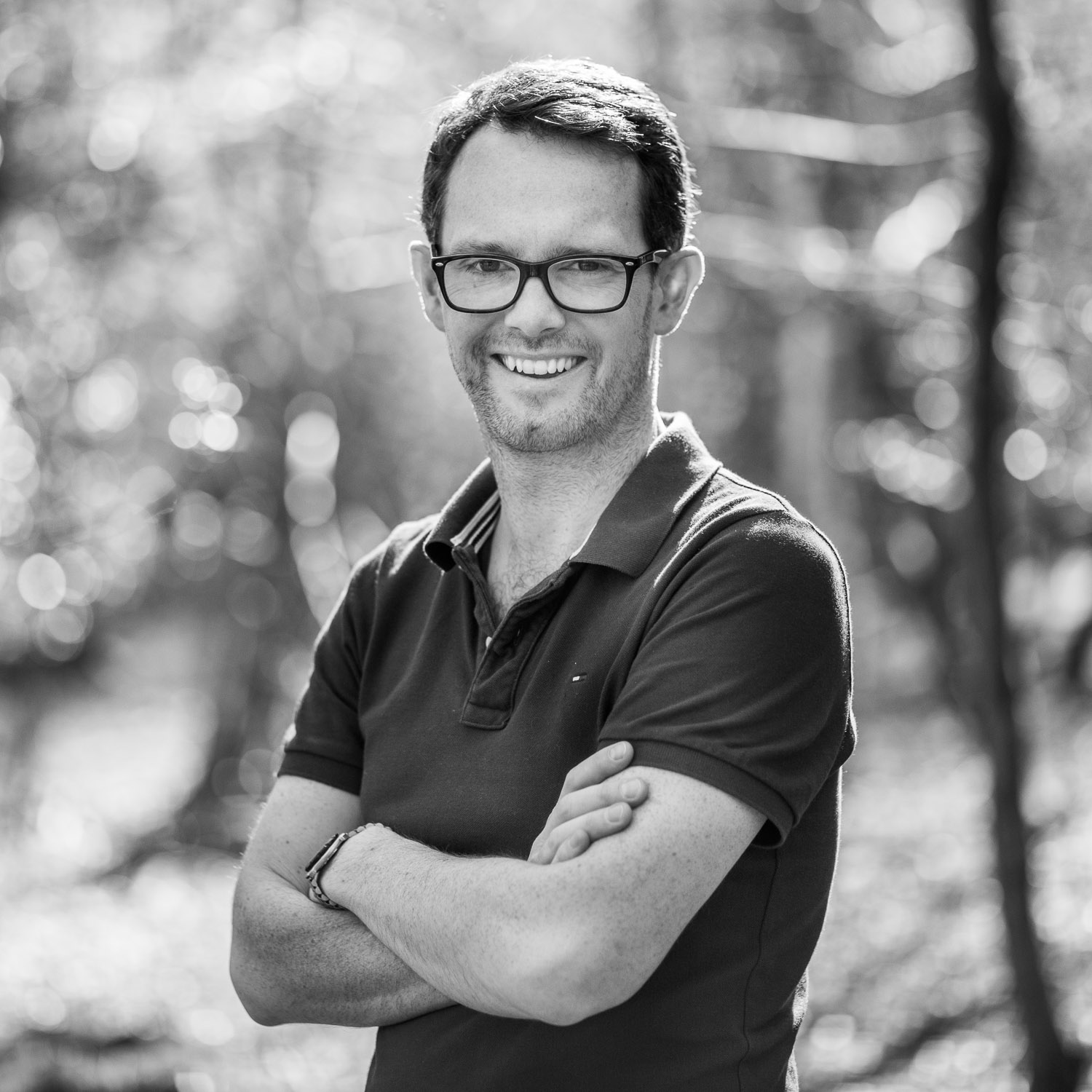No more noise? NVIDIA researchers develop AI that removes image noise
Image noise, that horrible side-effect of capturing digital images at higher ISO sensitivities, could one day be a thing of the past, thanks to artificial intelligence.
Researchers at Nvidia, working with another set of researchers from Aalto University and Massachusetts Institute of Technology (MIT) have developed an AI program that can remove noise from images.
Reducing the effect of image noise in post-processing programs such as Photoshop has been possible for a while, but this is a whole different ball game.
While previous research involved training a neural network to remove noise from images using example pairs of noisy and clean images, this new AI has been trained using only corrupted photos.
Remove artifacts, noise, grain
This means that without ever being shown what a noise-free image looks like, the AI can remove artifacts, noise and grain to enhance your photos.
“It is possible to learn to restore signals without ever observing clean ones, at performance sometimes exceeding training using clean exemplars,” the researchers have stated in their paper.
“[The neural network] is on par with state-of-the-art methods that make use of clean examples – using precisely the same training methodology, and often without appreciable drawbacks in training time or performance.”
Sign up for breaking news, reviews, opinion, top tech deals, and more.
The test was carried out using Nvidia Tesla P100 GPUs with the cuDNN-accelerated TensorFlow deep learning framework, which allowed the team to train their system on 50,000 images in the ImageNet validation set.
It's likely to be a while yet before the technology is widely available in software or cameras, but it does give photographers hope that they can look forward to the day when they don't have to worry about noise ruining their images.

Phil Hall is an experienced writer and editor having worked on some of the largest photography magazines in the UK, and now edit the photography channel of TechRadar, the UK's biggest tech website and one of the largest in the world. He has also worked on numerous commercial projects, including working with manufacturers like Nikon and Fujifilm on bespoke printed and online camera guides, as well as writing technique blogs and copy for the John Lewis Technology guide.